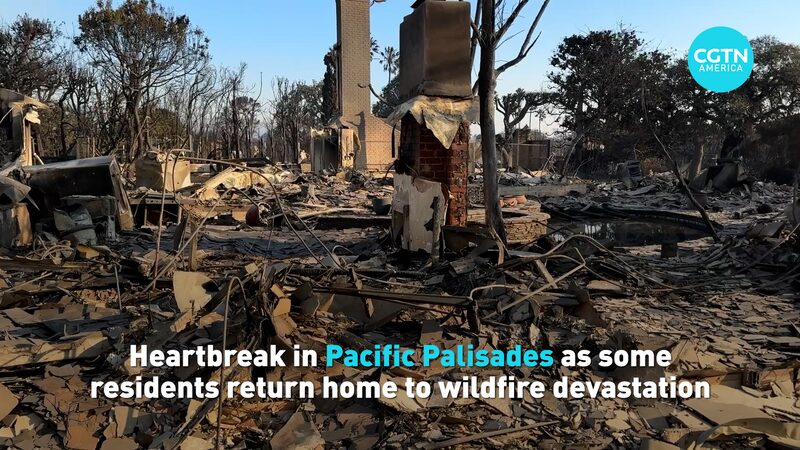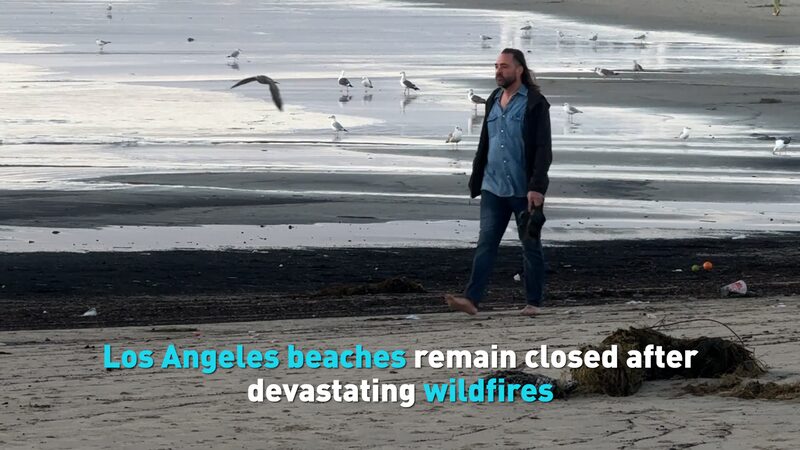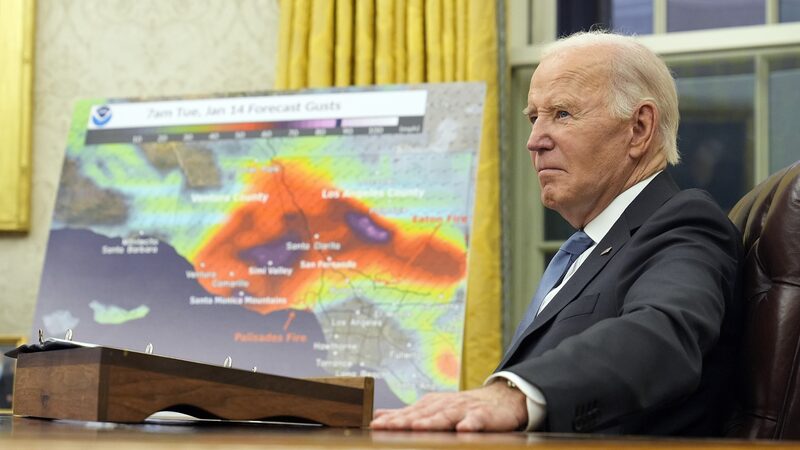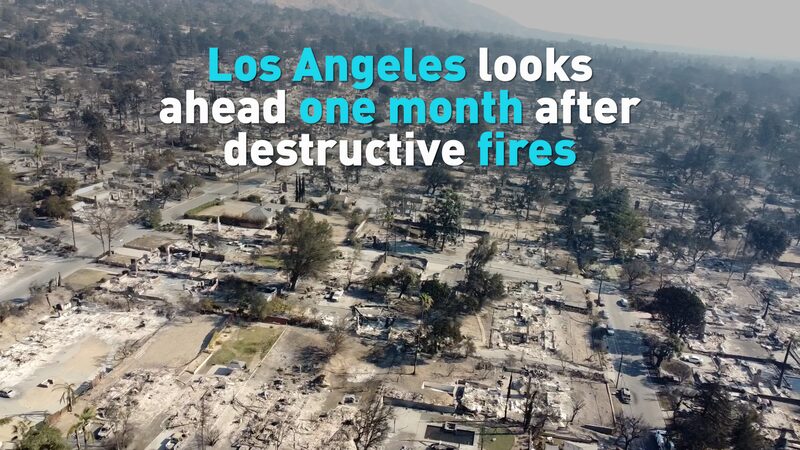As the aftermath of the devastating Los Angeles wildfires unfolds, scientists are urgently working to determine the extent of ocean pollution caused by the ash and hazardous materials released during the fires. The Palisades and Eaton fires ravaged thousands of homes, businesses, and vehicles, converting everyday items into dangerous ash composed of pesticides, asbestos, plastics, lead, heavy metals, and more.
Crews are tirelessly removing potentially hundreds of thousands of tons of these hazardous substances to mitigate their impact on both land and sea. Researchers and officials are particularly concerned about how these pollutants might affect marine ecosystems, water quality, and the broader environment. The situation underscores the interconnectedness of terrestrial and marine environments and highlights the need for comprehensive strategies to address and prevent such widespread environmental damage.
The ongoing efforts to clean up and assess the environmental repercussions of the LA wildfires serve as a crucial reminder of the far-reaching consequences of natural disasters exacerbated by climate change. As scientists race against time, their findings will be pivotal in shaping future responses to similar events, ensuring better protection for both human and oceanic communities.
Reference(s):
Scientists race to detect ocean damage sparked by LA wildfires
cgtn.com







